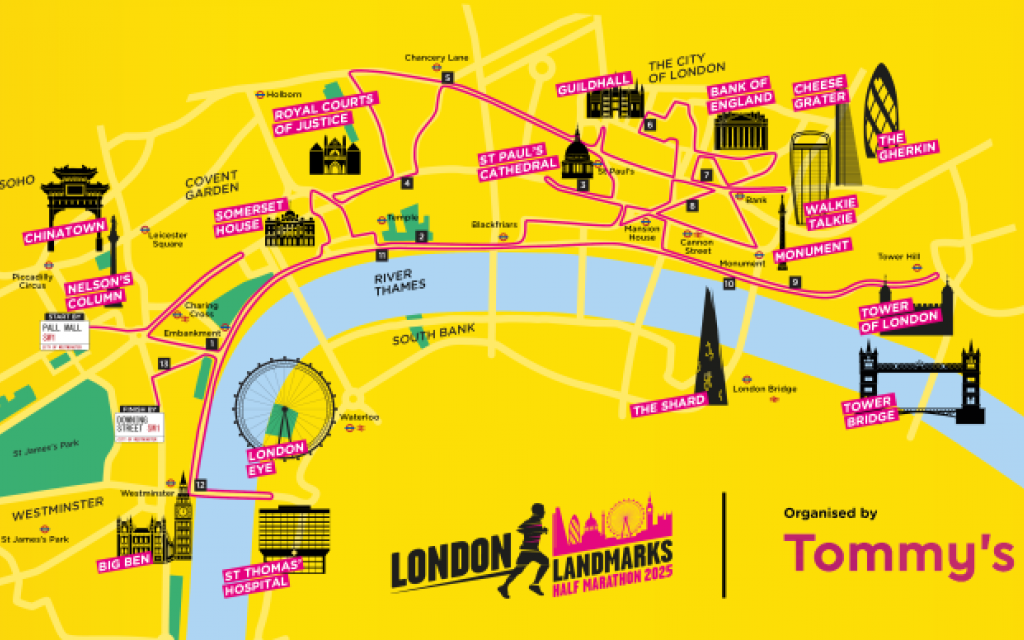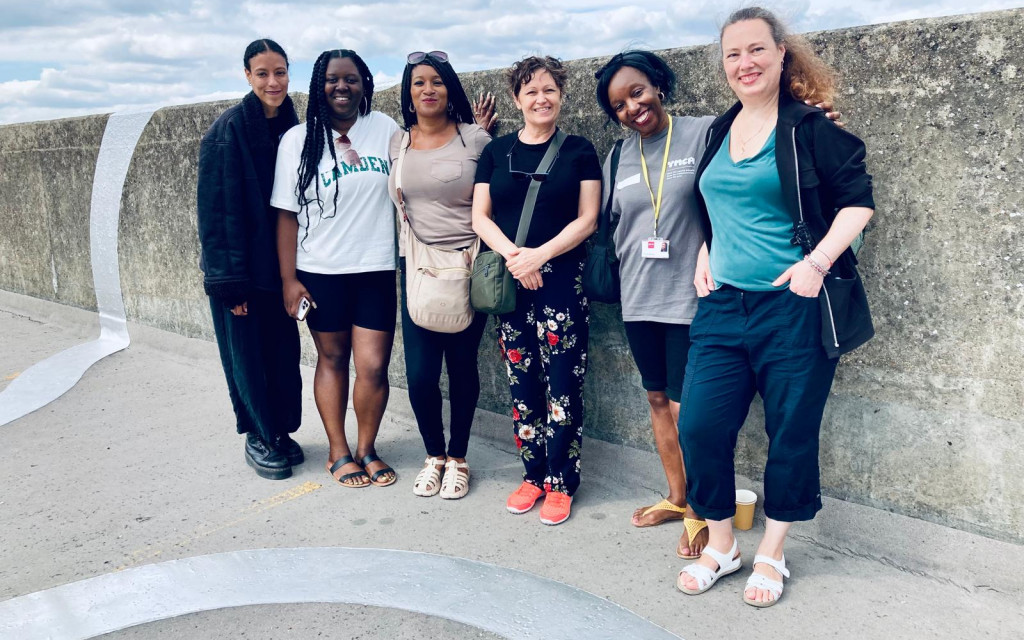Black History Month means many things to many people, ultimately it is an opportunity to promote awareness and understanding of black history, and acknowledge the contributions made by black people to the cultural, political, and economic development of the UK.
Whilst we celebrate the past and learn about influential black men and women, it forces many to see the reality of racism and tells a story of struggles for civil and human rights.
One of our trustees, Colleen Harris, shares why Black History Month is important in her essay 'The Importance of Belonging'.
The Importance of Belonging
Our culture, art, literature, and science are the way in which we pass on our national story. They are the legacy that we give to the next generation to tell them who we were – and why they have become who they are. They are the shared map of a history that we are all taught and celebrate.
That is why it is infuriating for me as the daughter of the Windrush generation of Caribbean migrants to watch regular re-runs of, let us say, 'Reach for the Sky' the biopic of Sir Douglas Bader. The film rightly retold the story of courage and patriotism that was the Battle of Britain.
But there is no hint that many of the hands that kept Bader and his fellow heroes airborne were those of West Indian mechanics, men who had volunteered to come thousands of miles to face Hitler, and in some cases to die doing so. The closest my relatives get to the action is that in the uncensored version, Bader’s little black terrier is called by his true name: N****r!
Sadly, it is still as though many of us do not exist as part of that historical map of the nation. And we feel it, however subtly.
For most people from ethnic minorities these aren’t matters for revolution. For most of us most of the time, we swallow it. But how long can we expect people to live in the twilight zone? How many years do we sit around in the waiting room of national acceptability?
There is a view that some of us are too impatient. That as people from ethnic minorities fit in, learn British ways, all of this will change. Unfortunately, we've been hearing that for nearly half a century.
Thinking about my own community and the arts for example, many of those who came here in the early 50s were not untalented musicians, artists, and dancers. Painters like Frank Bowling are only now being recognised as something more than talented naifs. And in names like Wayne Marshall, Chris Ofili, and Yinka Shonibare we are beginning to see the emergence of a brilliant generation of non-white British artists.
Yet three generations on from Windrush we still rush to the television if a Black Principal ballerina appears or one hundred and fifty years on from the Jubilee singers at the Proms, we are see the need for Chineke! – an orchestra dedicated to promoting ethnic minority musicians who continue to battle racial prejudice.
After all the one thing everyone knows about Black people is that we can sing, dance and we’ve got rhythm – except it seems when the rhythm is the cadence of Britain’s history.
Black History Month
That of course is why we need Black History Month. Too many people regard Black History Month as being separatist, an exclusive celebration for post-colonial immigrants to Britain. But exactly the opposite is true. As much as this month’s Black history events are affirming for ethnic minority communities, they are there to bring us all together in celebrating our shared past.
What we are doing in Black History Month is reinserting a part of the past that is all too frequently lost, overlooked and ignored. British history is a rich tapestry. But somewhere along the line a few of the threads have been pulled out. This month is about ensuring that those threads are woven back into the tapestry, so that one day the full picture of our history will emerge.
Equally importantly, Black History Month also gives us the opportunity to celebrate the contributions and achievements made over centuries by Black immigrants and their descendants, in every aspect of British life.





